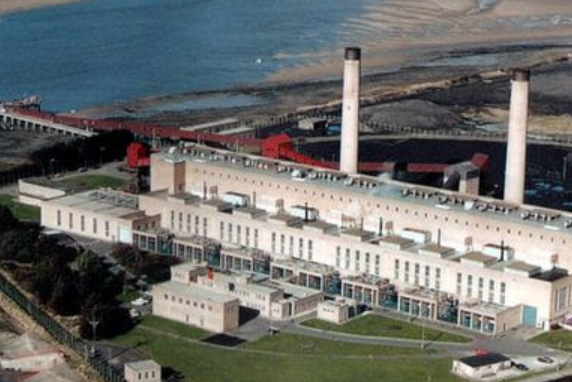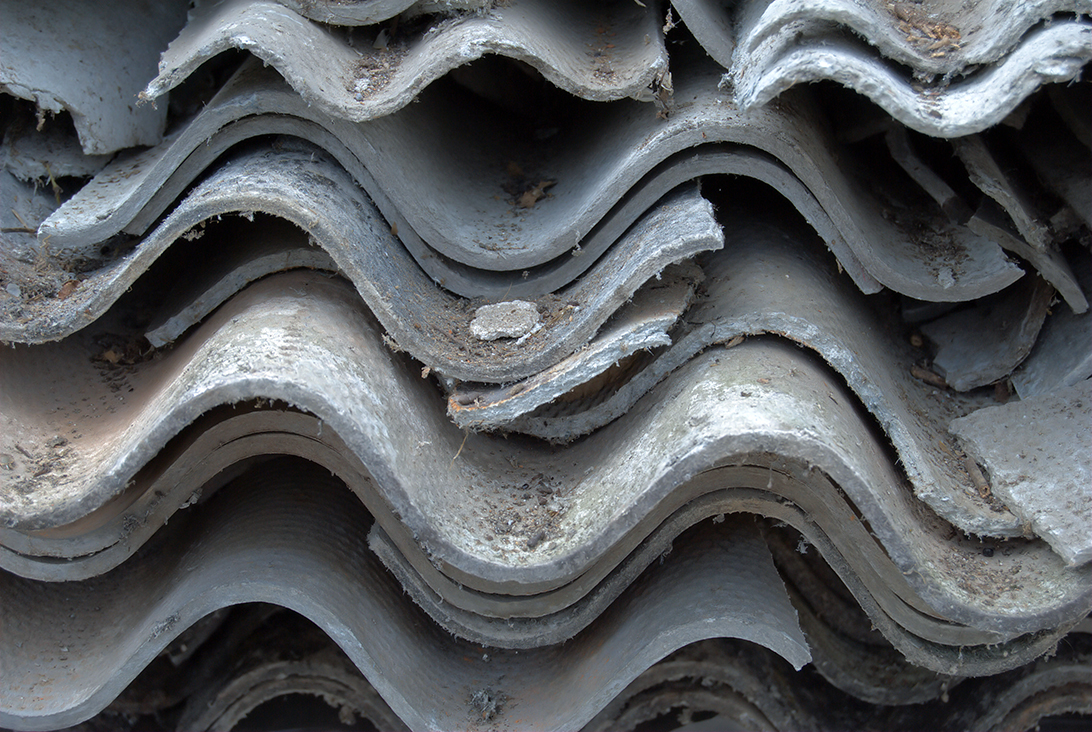
Case study Ruddlesden geotechnical case study
We were really pleased with the analysis provided by Normec DETS which contributed to the successful redevelopment of a brownfield site.

Our asbestos testing service has been established for over 15 years, providing an asbestos analysis service to local Government, environmental consultants and landowners. We can safely transport your samples from your site to our laboratory and then we can accurately determine the amount and type of asbestos in soil, in bulk building materials, asbestos in aggregates – even asbestos in track ballast.
We offer asbestos testing, and we have a dedicated and specially trained team offering our asbestos testing service, accurately measuring for presence, type and respirable fibre counts. Our asbestos analysts are all qualified to BOHS P401 with designated staff qualified to BOHS P402 and BOHS P403. After 15 years of providing these specialist services to environmental consultants, geotechnical consultants, local authorities and the building industry, you can be confident of their expertise. We provide expert services to industry standard methods, including ‘Polarised Light Microscopy’ in our soil testing lab to determine the type of asbestos (and therefore the risk) in varying soils, aggregates and bulk materials.

Our reports will include a confirmation of asbestos presence and quantities, types of asbestos present and the quantities of respirable asbestos fibres.
There are three stages that will be reported on:
We are fully certified and accredited; our asbestos reports are authoritative and comprehensive.
Polarised Light Microscopy is the main technique used in our asbestos lab to identify the type of asbestos. It is very important to get this right, as the type of asbestos determines how dangerous it is.
It works by the crystal lattice associated with silicate minerals such as asbestos interacting with the light rays of the microscope, allowing us to identify the presence and type of asbestos in the sample.
We also use PCM – Phase Contrast Microscopy – for fibre counting and phase 3 gravimetry.
Once you’ve taken your sample, contact our team to arrange collection and we’ll deliver the sample to our laboratory.
Samples are prepared and analysed by our team of experts in accordance with the requirements set out by UKAS.
A certificate of analysis will be sent containing the findings from the test carried out. Reports are issued in Excel and PDF, but can also be supplied in other formats.
Our laboratories are accredited by the United Kingdom Accreditation Service (UKAS) to the British, European and International Standard for quality assurance in analytical laboratories – BS EN ISO/IEC 17025:2017. Many of the tests we provide are also accredited by UKAS. View the UKAS schedules.
Reports are sent out by Excel and PDF as standard. We can also supply reports in AGS, HWOL (Haz Waste Online), ESdat and CSV if requested.
The use of correct sampling containers is crucial for preserving the integrity of the samples and complying with UKAS requirements regarding deviating (or non-conforming samples). Contact your account manager for more information and to order the correct container for your sample.